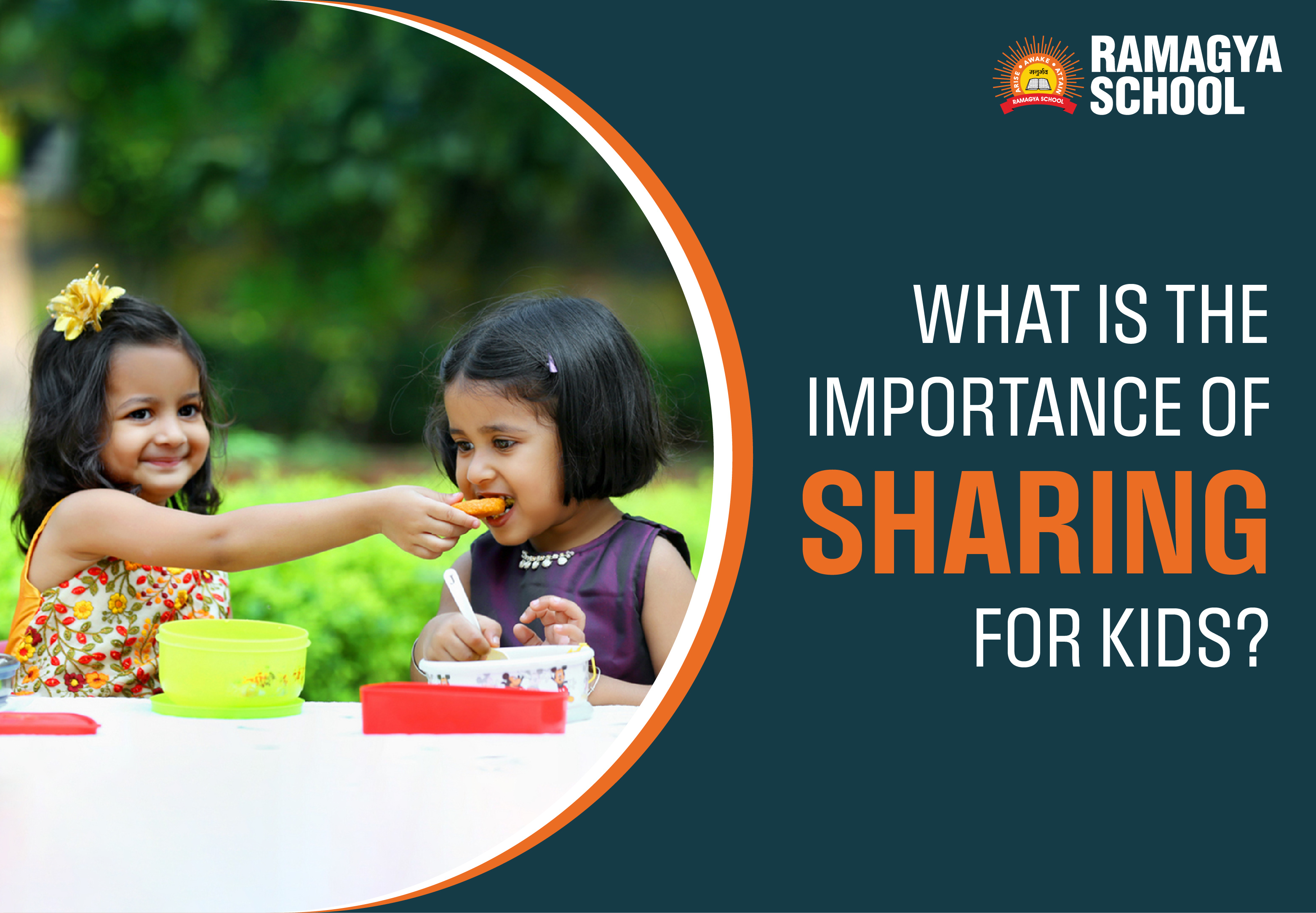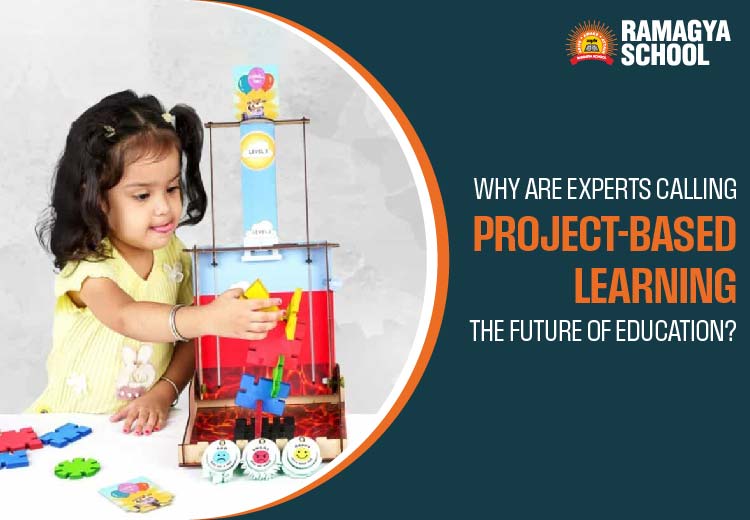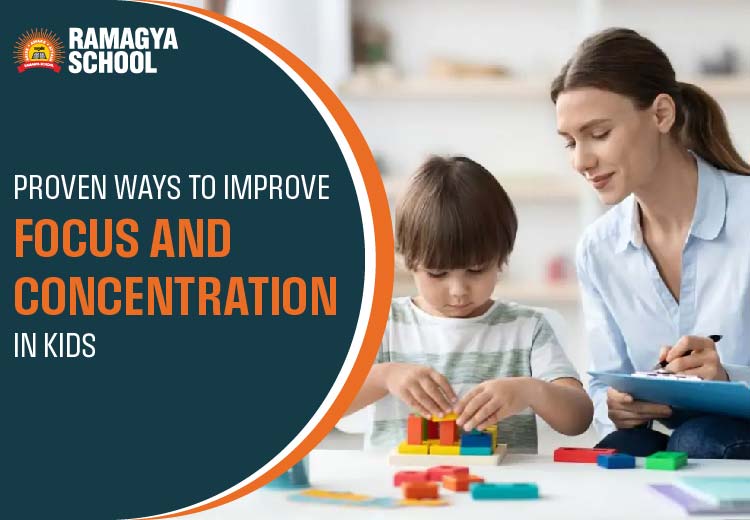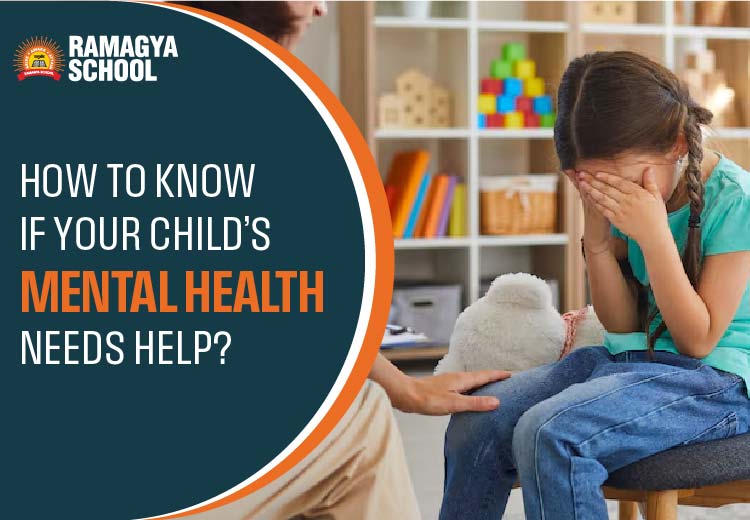The Importance of Sharing
Why it matters for child development
Have you seen a child joyfully give someone a toy? This may seem like a small thing but, it really means a lot.That simple moment shows care, love, and learning. One of the first important things that kids learn is how to share. It helps them grow in a healthy and happy way. The importance of sharing is huge when it comes to child development.
When we teach children that sharing is caring, we are helping them become kind, thoughtful, and friendly people. Let’s take a closer look at how sharing shapes a child’s life.
What Does Sharing Really Mean?
Sharing is the act of giving a portion of our possessions to others. It doesn’t always have to be a toy. It could be food, time, space, ideas, or even a smile.
Sometimes, children might not want to share something and that’s fine for the first time. They’re still learning. Through time and love they will learn that sharing doesn’t mean losing, it means taking care.
If children are taught that sharing is caring , they gradually begin to consider what others think and not only their own feelings. This is an essential part of a healthy development for children.
Why is Sharing So Important for Children?
Importance of sharing:
- Helps Build Friendships
- Sharing is a sign for children that they are eager to meet new people
- Kids who share are are more fun to play with
- It makes others feel more included and accepted
- Sharing the same toys, colors or snack items create strong bonds between children
- Teaches Kindness and Empathy
- When kids share, they begin to wonder, “How would I feel if I didn’t have this?”
- They realize that everyone has needs and emotions
- Sharing helps them learn to be kind and watch out for each other
- It helps to develop a gentle heart and nature which are good for child development
- Improves Communication
- Sharing helps children make use of words such as “please,” “thank you,” “can I?” or “you can have this.”
- These simple words can help children be more expressive
- It trains children to do more than just talk, it teaches them how to pay attention and understand others
- Sharing is a good thing, and often results in an atmosphere of good communication, which can help children develop confidence
- Reduces Fights and Builds Patience
- Children who are taught to share at an early age less likely to fight with their siblings or friends
- It teaches them to be patient and wait for their turn, and to respect others’ turns
- They learn that it’s okay to not be the first
- It helps them deal with small disappointments, without getting angry
- Makes Group Activities Fun
- Games for groups, teamwork and class assignments all require sharing
- Kids who are able to share are more effective as teammates
- They learn to collaborate and experience the success of a group
- They are happy when everybody succeeds and not just them
- Builds Self-Control
- Sharing means controlling selfish desires
- It helps children pause and think before they act
- They develop into thoughtful, calm, and balanced individuals
- It’s a life-long habit that helps in the long run child development.
How Sharing Looks at Different Ages
Every child learns to share in different ways:
- Toddlers (1-3 years old):
- Young children think that they own the entire universe.
- Sharing isn’t a natural thing to do yet.
- Parents can be a great model by sharing, and using soft words such as “Let’s take turns.”
- Preschoolers (3-5 years old):
- They start to grasp the concepts of sharing and fairness.
- They may still need reminders and support, but they are learning fast.
- Games that require waiting as well as moving can help.
- Children of school age (6+ years):
- Children who are older are better at recognizing the ways that sharing can help everyone.
- They can share their feelings or solve small issues with their friends.
- They will often remind their young siblings or friends to share, showing that they truly believe sharing is caring.
How Parents and Teachers Can Teach Sharing
Here are a few easy and effective ways to show how important sharing is:
- Set an Example: Children take note of what they observe. Be sure to share your space, food, or even time before your child. They will see that you are compassionate.
- Praise Sharing Moments: You can say things like “You shared so nicely,” or “That was a very caring thing to do.” Positive words are better than criticizing.Use Storybooks and Role-Play: Many of the children’s cartoons and books teach sharing through fun and engaging ways. Sharing or reading stories can help children learn faster.
- Organize Play Dates or Group Games: Playtime with other kids gives natural chances to practice sharing. Do not rush into action too soon. Let them attempt to resolve small sharing issues on their own.
- Talk About Feelings: Ask your child “How did you feel when she shared with you?” or “how did your friend react when you gave them your toy?”This develops emotional understanding.
- Teach That Sharing Is Fun, Not a Rule: Don’t make sharing seem like an act of punishment. Show that sharing is a way to make snacks and games more enjoyable.
Sharing is a Skill for Life
Sharing isn’t only about toys. It’s about being a good human. Adults also share their ideas, time and help with other people. Children who are taught to share their ideas early learn to be patient, kind and caring.
This is why the importance of sharing isn’t just limited to the playground. It helps kids prepare for everyday life, whether at school, in families and at work.
Final Thoughts: How Sharing is taught with Heart
Let’s never forget: Sharing is caring. When we help children learn to share, we help them become better people. Whether it’s a simple toy, a sweet treat, or a warm hug, sharing brings joy to both the giver and the receiver.
One great place where children are lovingly guided through such values is Ramagya School, known as the best school in Noida Extension. Here, children learn not only academics but also how to be kind, thoughtful, and caring individuals.
The teachers at Ramagya School, one of the best schools in Noida Extension, strongly focus on life skills like sharing, helping, and growing together. Through group play, activity-based learning, and daily classroom experiences, they make sure kids understand that sharing is caring.
If you’re looking for a place that supports complete child development both in studies and in values then the best school in Noida Extension, Ramagya School, is a name you can trust.




